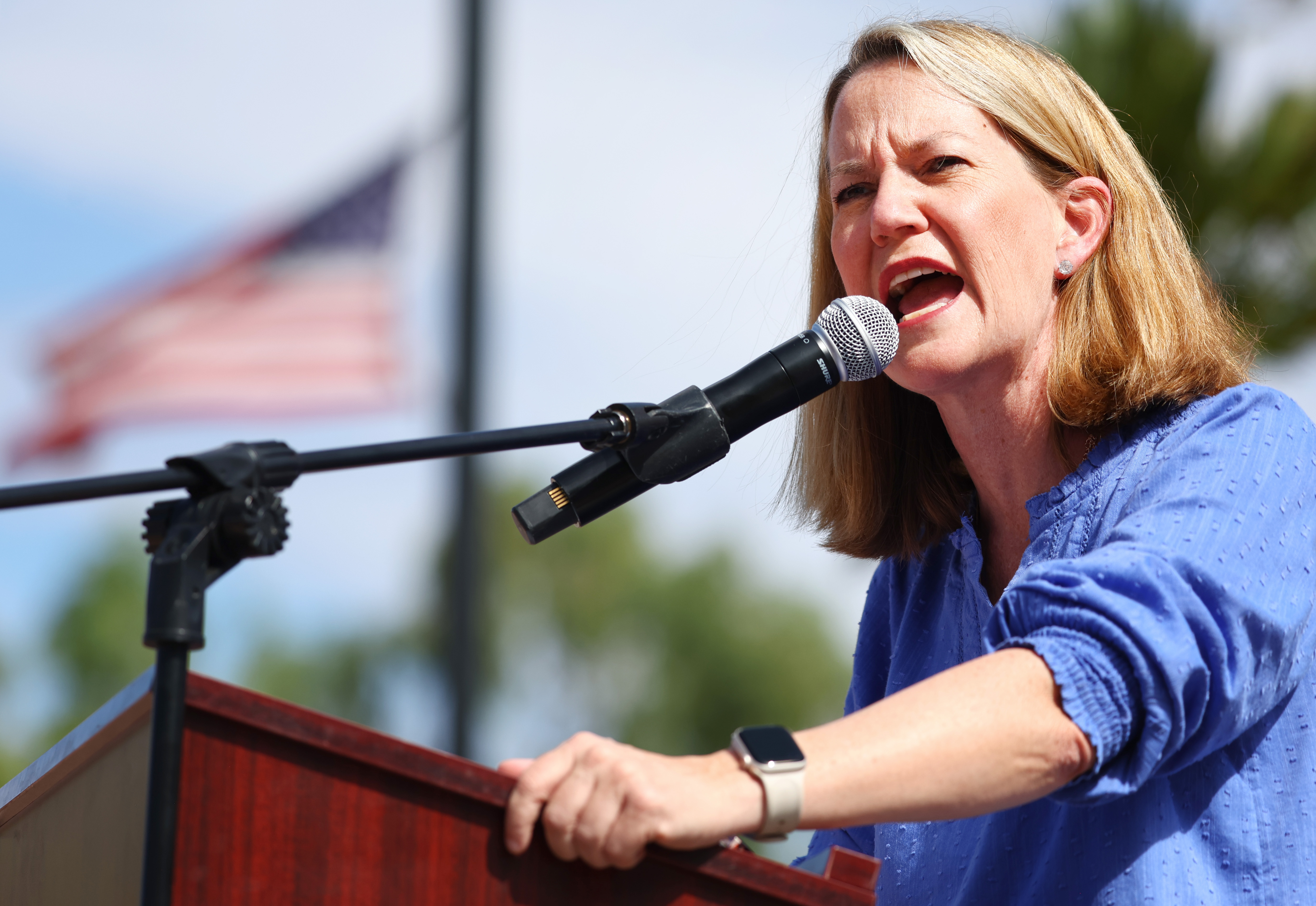Few themes are as powerful in American politics as the urge to “throw the bums out”.
Illinois Republican gubernatorial candidate Bruce Rauner knows this. In fact, he’s built a big chunk of his campaign for governor around the idea.
The campaign strategy goes something like this: In a state with a series of long-term, intractable problems and horrible finances, why not elect someone who will go to Springfield and clean house?
To prove he means business, the Rauner campaign and the candidate himself have sunk a lot of time and money into the push for term limits in Springfield. He has a new TV ad pushing the idea of every politician being turned out of office after eight years. He’s made promises himself that he’ll only serve two terms if elected.
And he’s formed a political action committee to push term limits for state lawmakers, collecting $100,000 donations from big names such as wealthy libertarian Howard Rich and former Tribune Co. executive Sam Zell. Rauner himself serves as chairman of the committee.
It’s a smart campaign strategy. Especially once you consider that nearly three out of four Illinois voters are in favor of term limits for state legislators, and 86 percent believe term limits “ensure that we’ll get new people with fresh ideas coming into office.”
Set aside for the moment the question of whether term limits actually work. A strong case can be made that they don't, especially if a state is run by freshmen and sometimes amateur legislators who are continually learning the ropes.
Politics
Instead, what’s important from a camping perspective for a self-proclaimed outsider like Rauner is that the mere idea that term limits sound good.
After all, once you start talking about term limits as a candidate, its easy to drop all kinds of related ideas and insinuations into your campaign messaging.
Rauner’s term limits ad goes after Pat Quinn for “[failing] to deliver term limits”, a reference to a 1994 effort by Quinn as state treasurer to enact term limits that was halted by the Supreme Court.
In his messaging around term limits, Rauner likes to suggest such a move would break the hold “union bosses” have on Springfield, underscoring the notion that Democrats are beholden to public sector unions on issues such as pension reform.
And no one doubts that when the Rauner campaign talks about “career politicians”, nine out of ten voters immediately think of Illinois House Speaker Mike Madigan.
Yet, even if every one of these messages were unquestionably true, the call for term limits seems somehow hollow coming from the Rauner campaign.
For one, there’s a very good chance the proposals the campaign and term limit PAC are backing are unconstitutional, and unlikely to be enacted in their present form.
Second, in a four-way primary race for governor, it's an effective way to set him apart from his opponents and play into his self-image as a reformer in no one’s pocket.
But most important, by running both a campaign for governor and a PAC pushing for one of his main campaign themes, Rauner gets to have it both ways.
He can look like he’s interested in what’s best for the people of Illinois, even as he operates two separate entities that can raise cash, get his message out and increase his chances of wining an election.
One of the problems states often have when they enact term limits for state legislators is that it ends up strengthening the hand of the executive branch, who can more easily manipulate a body that fails to have strong political relationships and few historical roots among its members.
From Bruce Rauner’s perspective, that could very well be one more benefit term limits offer should he win an election by insisting they’re necessary.



